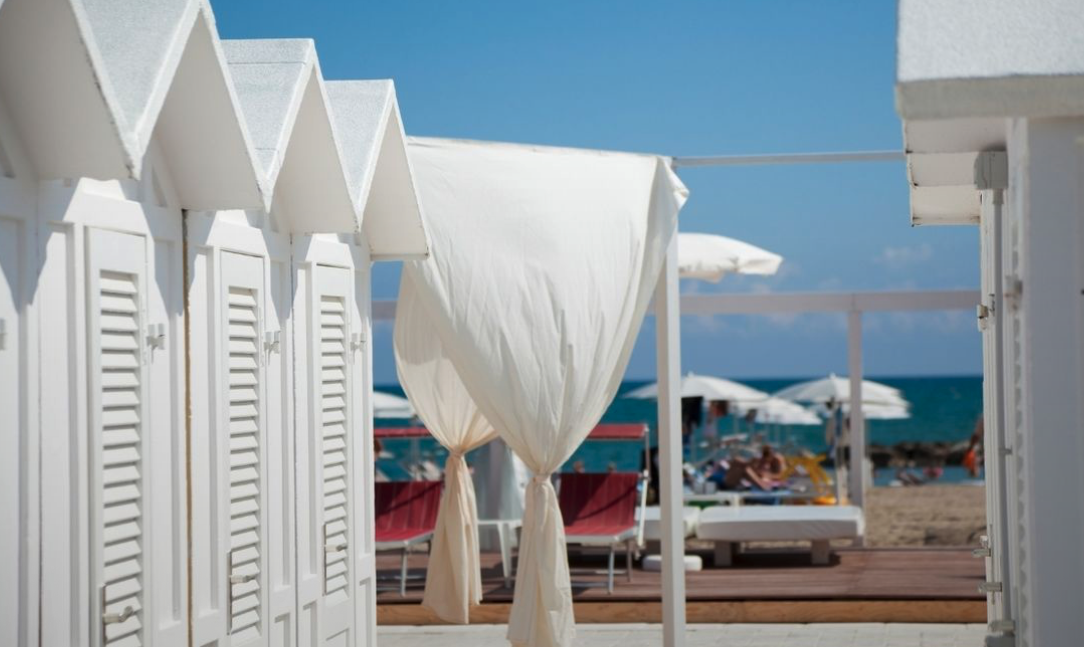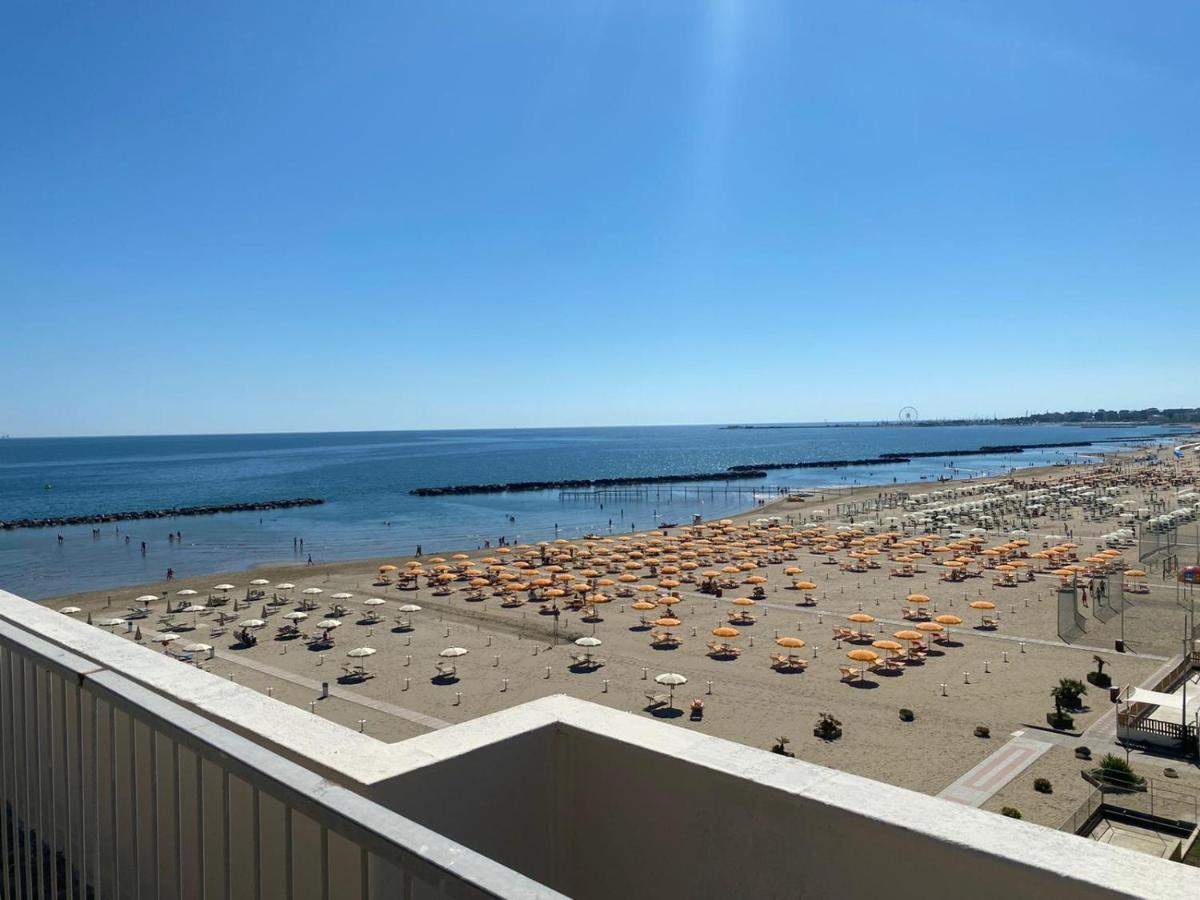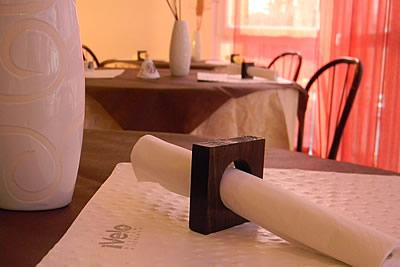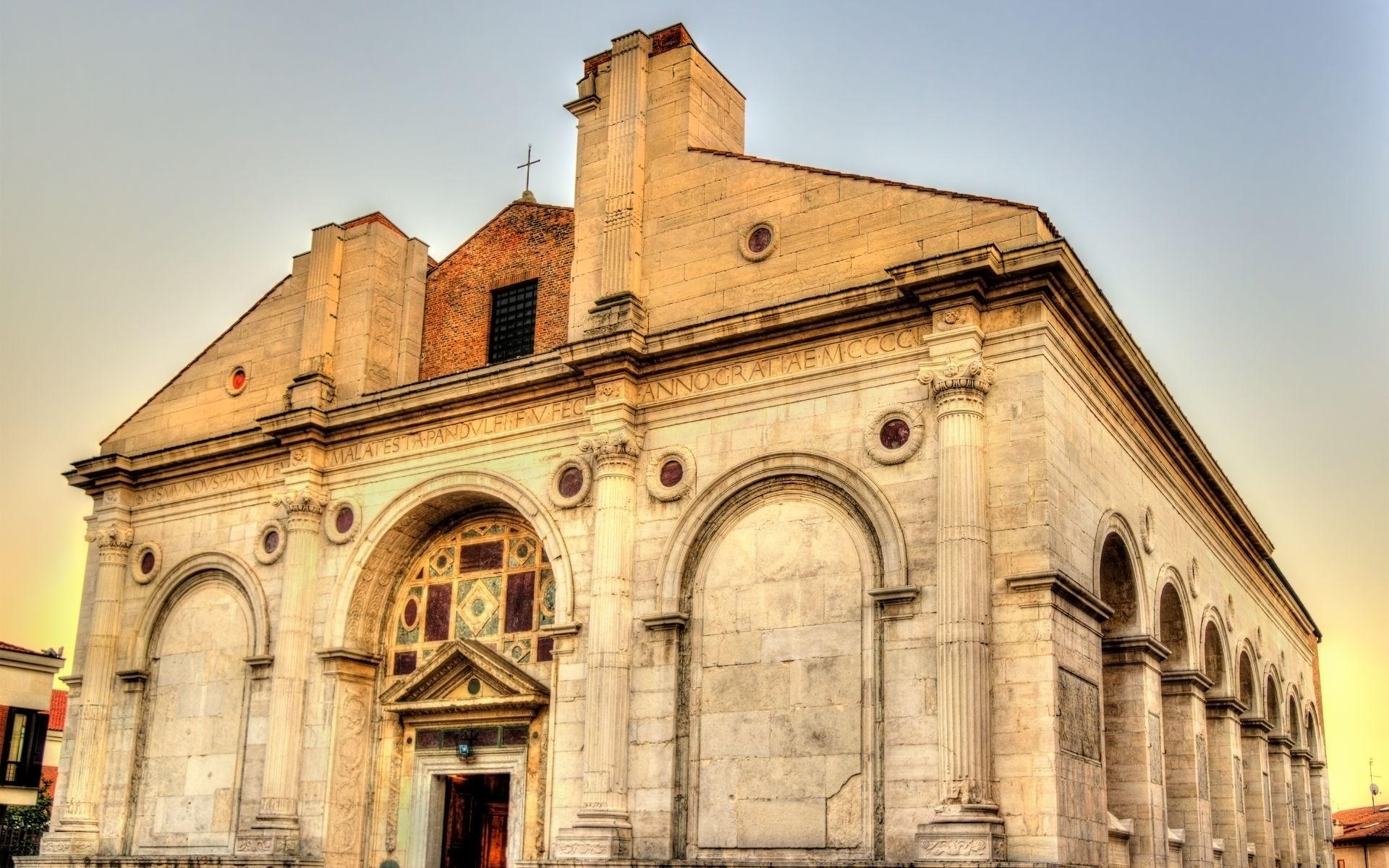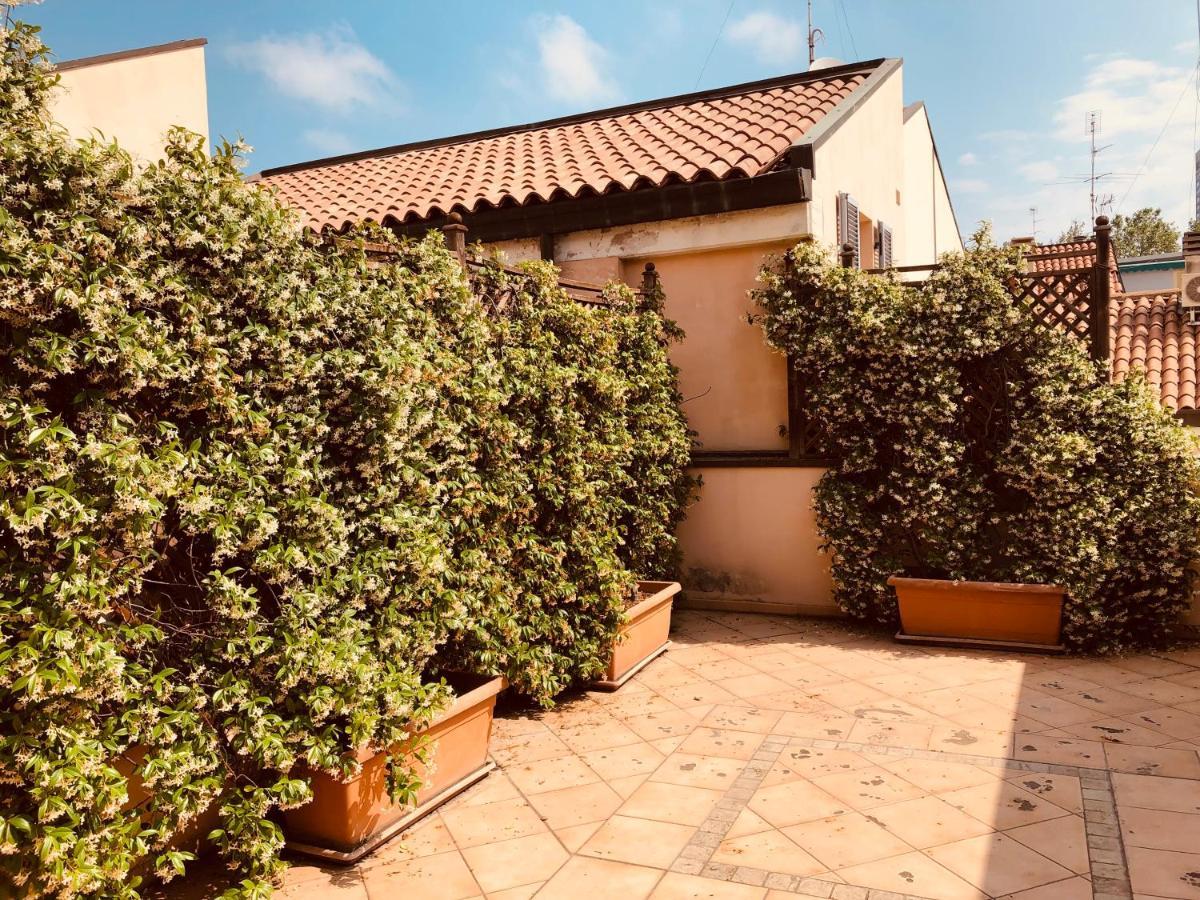Rimini, known for its golden beaches, lively nightlife and rich historical heritage, is one of the most popular tourist destinations in Italy. Like many other tourist destinations, the Municipality of Rimini applies a tourist tax to contribute to the maintenance and development of tourism infrastructure.
This guide offers a complete overview of tourist taxincluding who has to pay it, who is exempt and how the proceeds are used.
What is the Tourist Tax?
The tourist tax in Italy is a local tax levied on tourists staying in accommodation facilities in a given locality. This tax was introduced in Italy in 2011 with Legislative Decree No. 23 of 14 March 2011, with the aim of financing tourist services and infrastructure in the resorts applying it.
How it is applied
The tourist tax is levied per person, per night of stay, and its amount varies depending on several factors:
- Accommodation categoryhotels, bed & breakfasts, campsites, etc. Rates may vary depending on the category and level of comfort of the establishment.
- Length of stayIn some locations, the total amount may be limited to a maximum number of nights per stay.
- SeasonalitySome locations apply different rates in high and low season.
Payment
Payment of tourist tax is generally managed directly by the structure accommodation where one is staying. The amount is added to the final bill and a specific receipt is issued.
Rimini Tourist Tax Rates and Application
In Rimini, tourist tax rates vary according to the category of accommodation facility:
- 1-2 star hotels: Minimum rate, usually around 1-1.5 euro per person per night.
- 3-star hotels: Average rate, generally between 1.5 and 2.5 euro per person per night.
- 4-5 star hotels: Higher rate, varying between 2.5 and 4 euro per person per night.
- Other types of accommodation: As bed & breakfasts, holiday homes, farmhouses, rates may vary but are generally between 1 and 3 euro per person per night.
The exact tariffs are determined by the Municipality of Rimini and may be subject to annual changes.
Exemptions: who does not pay the tourist tax in Rimini?
Not all visitors have to pay tourist tax. The main exempted categories include:
- Residents: Residents of the Municipality of Rimini are not required to pay the tax.
- MinorsChildren under a certain age, usually 14, are exempt.
- Patients and Companions: Those staying for health reasons at health facilities, including one accompanying person per patient, are exempt.
- Armed Forces and Police: Members of the Italian armed forces, police and fire brigade on duty are exempt.
- Drivers and Tour Guides: Bus drivers and tour guides accompanying organised groups are exempt.
- Students: Students enrolled at the University of Rimini or on recognised training courses may benefit from the exemption.
Use of proceeds
The proceeds of the tourism tax are earmarked for various projects and services to improve the tourism infrastructure and visitor experience in Rimini. These include:
- Infrastructure Improvement: Maintenance and development of roads, squares and public areas.
- Tourism PromotionMarketing campaigns to promote Rimini as a tourist destination.
- Cultural and Sporting EventsFinancing of events that attract tourists and enrich the city's cultural offer.
- Services to Tourists: Strengthening of tourist information, security and public transport services.
Conclusion
The tourism tax in Rimini represents a small contribution that tourists make to ensure that the city can continue to offer a high quality experience to its visitors. Understanding the rates, exemptions and use of the proceeds can help tourists see this contribution as an investment in maintaining and improving one of Italy's best-loved destinations.


